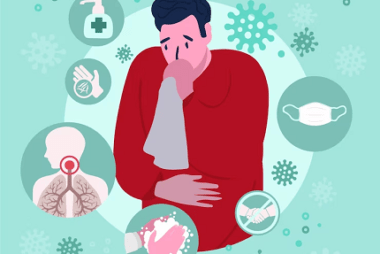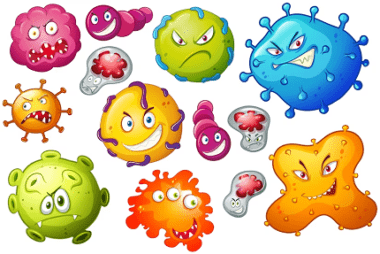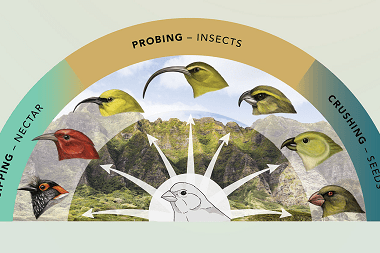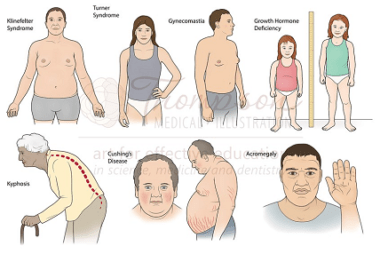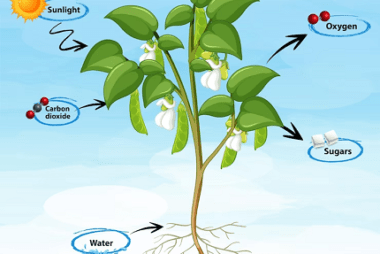Advance Course AIIMS-SYLLABUS Biology syllabus Gene Therapy
Gene Therapy Gene therapy is a therapeutic approach that aims to treat or prevent diseases by modifying or manipulating the genetic material (DNA or RNA) of an individual. It involves introducing functional genes, modifying existing genes, or silencing abnormal genes to correct genetic defects or restore normal cellular functions. The process of gene therapy typically…




